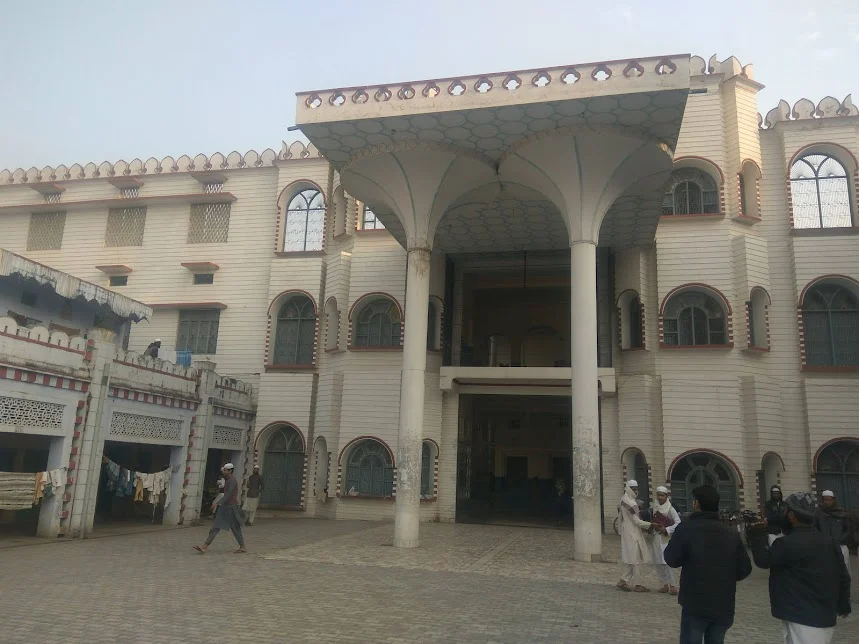Anwarulhaq
New Delhi- The Bharatiya Janata Party (BJP)-led government at the center is embroiled in a controversy over its alleged attempt to acquire 123 Muslim properties, including mosques, cemeteries, mausoleums, and madrassas (religious schools) in the capital city, New Delhi. The Union Ministry of Housing and Urban Development posted notices outside these properties on February 7, 2023, claiming that they no longer belong to the Delhi Waqf Board (DWB).
The DWB, consisting of six Sunni and one Shia Muslim representatives, filed a case before the Delhi High Court challenging the government’s move. The properties, donated by Muslims for religious purposes, have been in use for over a century, serving the needs of the Muslim community in Delhi.
The roots of the dispute trace back to the British period between 1911 and 1915 when the British government acquired properties, including religious sites, in the Muslim-dominated villages around Raisina Hills. The Burney Committee, formed in 1974, recommended transferring 123 Waqf properties to the DWB. However, controversy arose as the committee did not recommend the transfer of 124 other properties, which were allegedly in possession of the central government.
In 1984, the Congress government decided to transfer the 123 properties to their “Mutawallis” (managing trustees) through a perpetual lease at a nominal annual rent of Re 1 per acre. This decision was challenged by the Indraprastha Vishwa Hindu Parishad (IVHP), leading to a stay order issued by the Delhi High Court, effective until 2011.
The subsequent UPA government denotified the 123 properties in March 2014, intending to hand them over to the DWB. However, the decision faced opposition from the VHP, prompting a complaint to the Election Commission of India and a move to the Delhi High Court.
The current controversy reignited in 2023 when the Land and Development Office (L&DO) claimed that the DWB had no stake in the 123 properties, based on a report from a two-member committee appointed by the NDA-led government. The DWB, however, disputes this claim, arguing that it had challenged the appointment of the committee and that the matter is pending before the High Court.
The situation has sparked concerns within the Muslim community, with calls for unity among stakeholders, including religious leaders, community organizations, and government bodies, to protect and manage Waqf properties effectively. The controversy underscores broader issues surrounding the management and protection of Waqf properties across the country.
As the legal battle continues, the fate of these historically significant properties hangs in the balance, prompting a reevaluation of the government’s approach and a call for a comprehensive strategy to safeguard Waqf properties nationwide.

